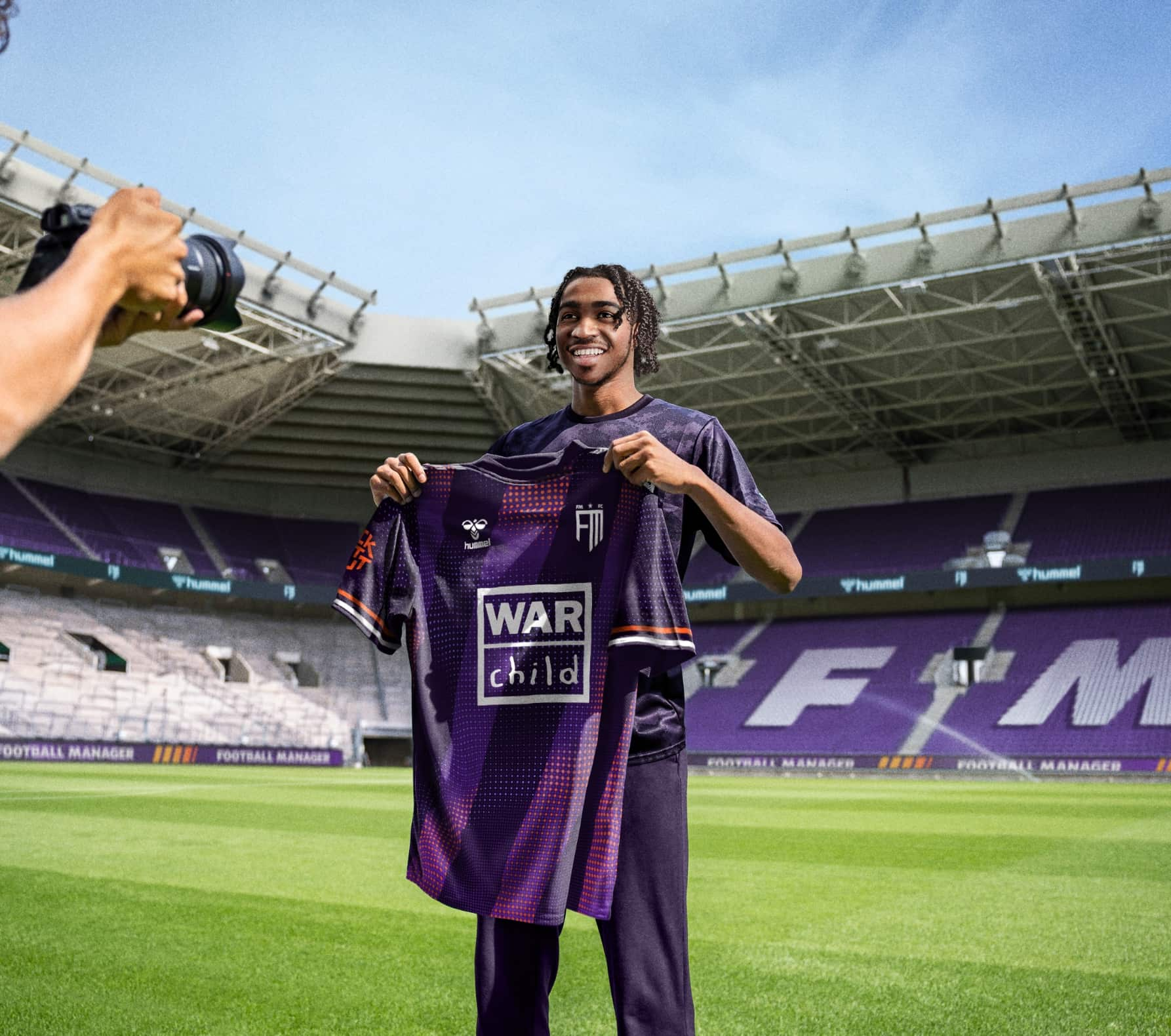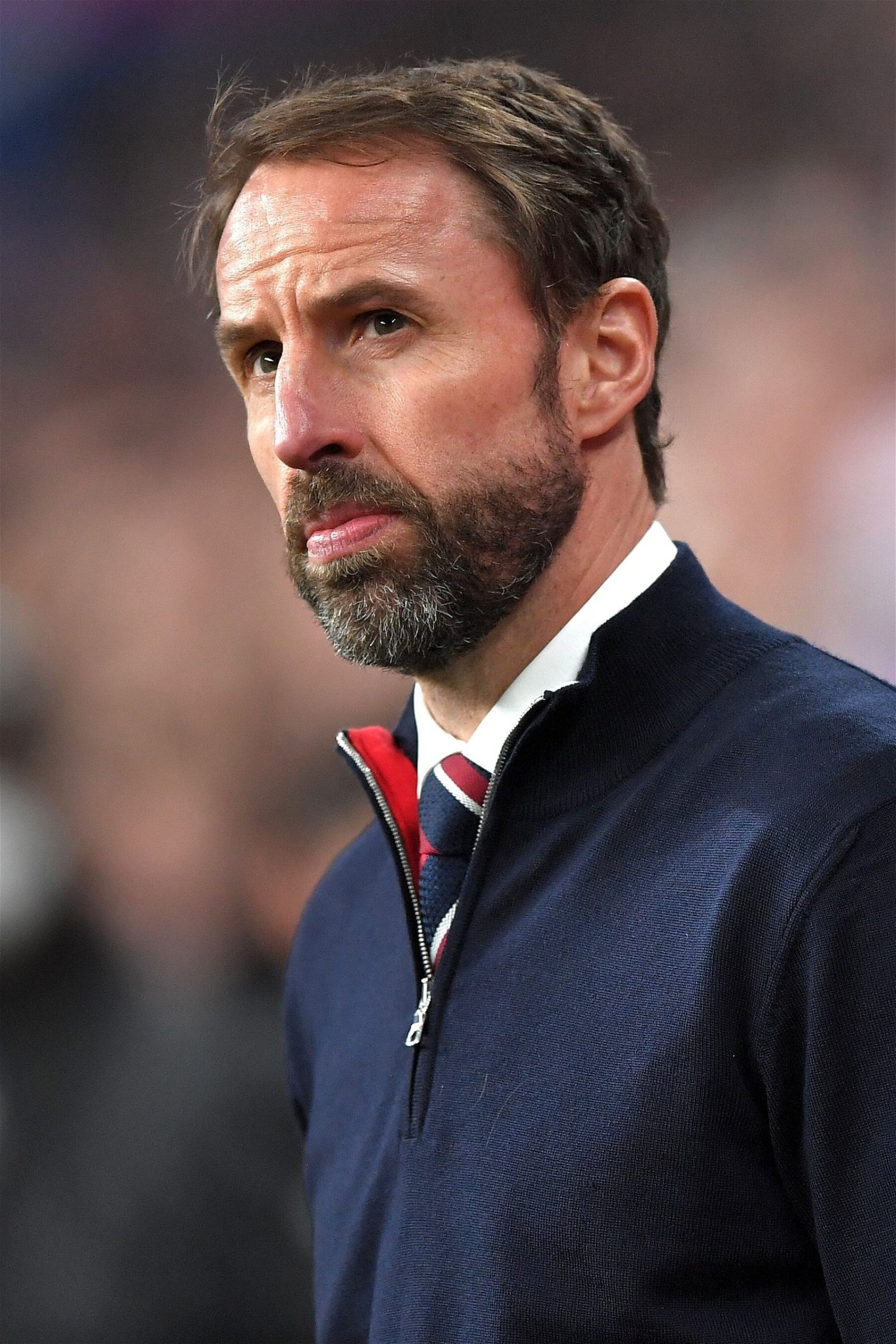
Eddie Howe: The Right Fit for England’s Managerial Role?
The world of football is no stranger to the challenges of transitioning from a club manager to an international one. A narrative recently explored by Emile Heskey highlights Eddie Howe as a potential candidate for England’s next manager. The meticulous nature of Howe’s approach to training might just be the catalyst required for success on the international stage.
 International management brings a unique set of challenges
International management brings a unique set of challenges
One of the major hurdles international managers face is the limited time they get to spend with their players. Unlike the day-to-day interaction with players at a club, international duty is sporadic and often compressed into brief yet intense periods. OLBG reports that Emile Heskey explains, “You might only get them for one training session, one real training session,” underlining the difficulty in implementing tactical discipline and cohesion within such a limited timeframe.
This is where Eddie Howe’s strengths could really come to the fore. Known for his detailed and rigorous training sessions, Howe’s ability to drill his players in routines could be vital. As Heskey puts it, Howe is “very meticulous on the training field,” a trait that could help overcome the fragmented nature of international meet-ups.
Eddie Howe’s detailed training sessions
Eddie Howe’s Philosophy: Routine and Understanding
Adapting to the demands of international football requires a manager who not only understands the game tactically but can also quickly instil a strategic vision in his squad. According to Heskey, Howe excels in making sure his players “understand what he wants and going through it in routine, routine, routine.” This approach might be exactly what England needs to assimilate diverse playing styles and philosophies from players plying their trades in various leagues around the world.
 Players in routine training
Players in routine training
Comparing Leadership Styles: Howe vs Southgate
Gareth Southgate, the current England manager, has not been without his triumphs, guiding the team to a semi-final and a final in recent major tournaments. Southgate’s tenure has been marked by an impressive ability to unify the team, bringing a sense of togetherness that seemed lacking in previous setups. “He’s done a fantastic job,” Heskey remarks, noting the cohesive environment that Southgate has fostered.
Nevertheless, Southgate’s methods have also faced criticism, particularly regarding his perceived inflexibility in tactics and selections. Heskey discusses this, pointing out that despite the critics, Southgate “has always stuck by what he believes.” This steadfast approach has its merits but also highlights a stark contrast to Howe’s reputed adaptability and detailed focus, potentially signalling a new direction that could benefit the national team.
 Gareth Southgate’s leadership style
Gareth Southgate’s leadership style
Transitioning Leadership: An Opportunity for Renewal
While acknowledging Southgate’s contributions, the consideration of Howe as his successor poses an intriguing question about the future direction of England’s national team. With a reputation for meticulous planning and a focus on intensive training routines, Howe represents a potential evolution in leadership style that could harness and perhaps maximize the diverse talents of England’s players.
 England’s national team
England’s national team
In conclusion, the discourse surrounding the next potential England manager is as vibrant as ever. Eddie Howe’s candidacy presents a compelling case for a manager whose rigorous attention to detail and training could effectively address the challenges of international football management.













